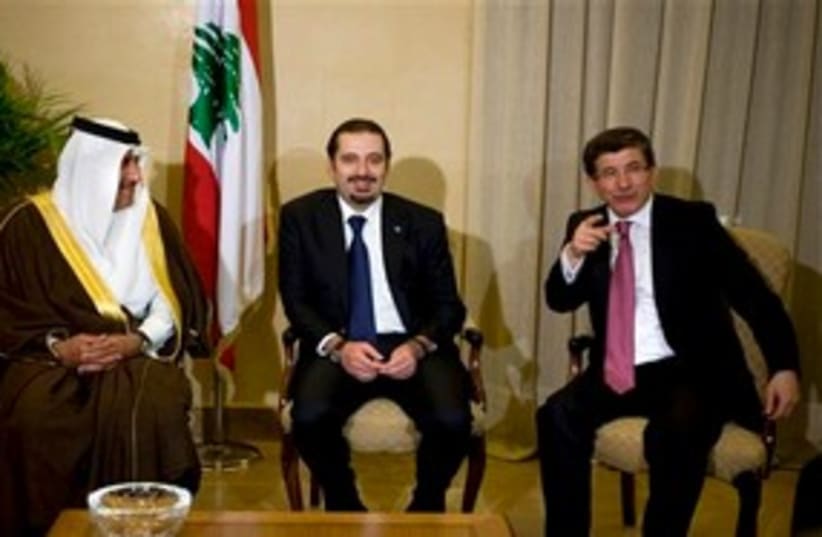Saudi Arabia ends effort to mediate in Lebanon crisis
Decision means key US ally won't be involved in efforts to ease tensions in Lebanon after gov't topples; Saudi foreign minister: Situation is "dangerous," could be "end of Lebanon as model of peaceful coexistence."
